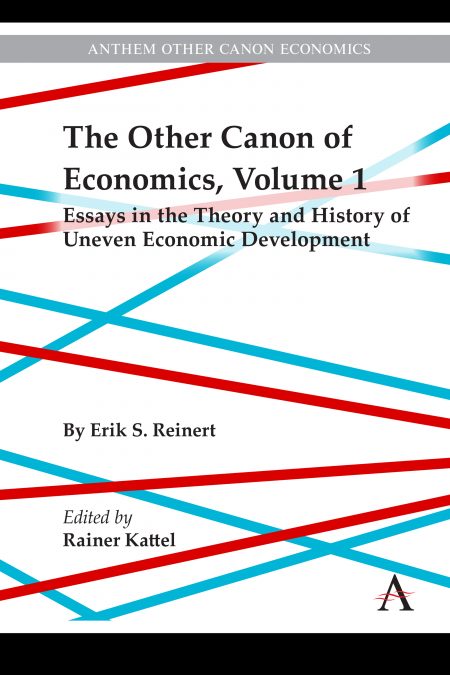Japan’s Budget Black Hole
Deregulation of the Workforce and Shortfalls in Government Revenue
Keiko Shimono
Select Format
Title Details
- ISBN: 9781785276170
- January 2021
- Pages: 272
- Imprint: Anthem Press
This book describes the astonishing policy failures of populist politicians in Japan. Focussing on popular tax cuts in Japan as a salutary case study over a quarter of a century since the collapse of the bubble economy, the book details their serious side effects: government debt, cuts to social security expenditure, inadequate public services and even the potential for a national default. Japan’s government debt is approaching two and half times GDP, but most prime ministers have not shown concern as they do not expect to be in power at the time of financial collapse. Most voters feel the same because the timing of any future collapse is uncertain. However, if a default comes, people will experience hard times beyond their imagination. Even now, the huge level of government debt has forced cuts to social security and education expenditures, and led to reduced government services. Consequently, we need a policy reversal from tax cuts to tax increases, and the purpose of this book is to convince readers of this unpalatable truth. Tax increases can make a society more equal and can bring higher economic growth through increased social expenditure, which is the reward for increased taxation.
The book then examines the role of the workforce to economic growth. Due to the dominance of conservative political forces over a long period, workers’ protections in Japan are limited, and deregulation of the workforce has led to a decline in wages since 1997. Declining wages and a reduction in social security expenditure have inevitably led to lower consumption and lower economic growth. This examination leads to the conclusion that the way forward is to restore taxation to a sustainable level. This which is necessary in order to reduce government debt, to increase expenditure on social security, education, and other essential services, and to combat growing inequality. Only by redistributing income to those who need it and will spend it, consumption will increase, and the economy will grow.
Shimono Keiko is a policy-oriented economist whose work is based on Keynesian theory and statistical data analysis, focusing on economic growth, labour issues, inequality, social security and government.
List of Figures; List of Tables; Preface; Introduction; 1. The Purpose of This Book; 2. The Structure of This Book; 3. Things the Reader Should Be Aware of; Part I Budget Deficits Caused by Tax Cuts, and the Risk of Financial Collapse; Chapter One The Causes of Japan’s Government Debt; Chapter Two The Consequences of a Possible Financial Collapse; Chapter Three The Theory behind this Book: Economic Growth through Wage Growth and Redistribution; Part II How Cuts to Public Services Affect People’s Lives; Chapter Four Japan’s Preference for ‘Small Government’; Chapter Five The Bottlenecks Caused by Cuts to the Public Service and Reductions in Social Security Expenditure; Part III Increasing Income Tax as an Alternative Solution; Chapter Six Income Inequality Resulting from Tax Cuts; Chapter Seven Enlarging the Tax Base to ensure a Fair Tax and Social Security Burden; References; Index.
Related products
-
Constraining Development
The Shrinking of Policy Space in the International Trade Regime
Rachel Denae Thrasher
July, 2021
£125.00 / $125.00 -
-
Financial Engineering of Climate Investment in Developing Countries
Nationally Appropriate Mitigation Action and How to Finance It
Søren E. Lütken
June, 2014
£115.00 / $115.00 -
Africa and Economic Policy
Developing a Framework for Policymakers
Ferdinand Bakoup
August, 2014
£115.00 / $115.00 -
Portuguese and Amsterdam Sephardic Merchants in the Tobacco Trade
Tierra Firme and Hispaniola in the Early Seventeenth Century
Yda Schreuder
January, 2023
£110.00 / $110.00 -
The Other Canon of Economics, Volume 1
Essays in the Theory and History of Uneven Economic Development
Erik Reinert
Edited by Rainer KattelFebruary, 2024
£110.00 / $110.00








